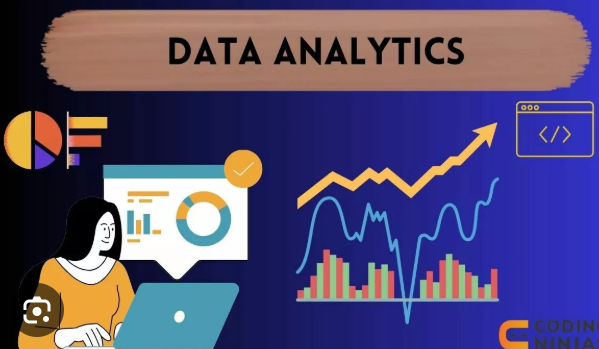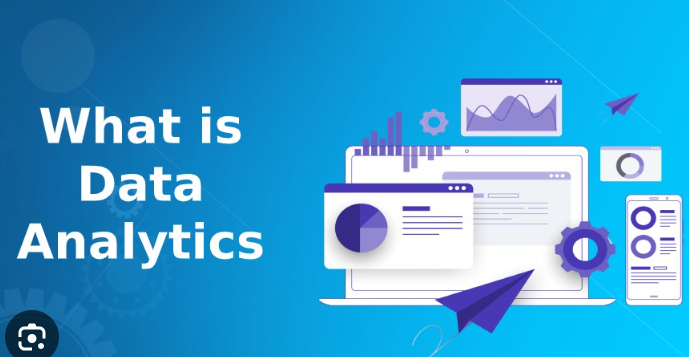
A Java full-stack developer is expected to have a broad range of skills, spanning both front-end and back-end development, along with other related concepts. Here are the key concepts covered in the role of a Java full-stack developer:
1. Core Java:
Java syntax, data types, and operators
Object-oriented programming (OOP) principles
Exception handling
Multithreading and concurrency
Collections framework
Stream API and Lambda expressions
2. Front-End Development:
HTML, CSS, and JavaScript
DOM manipulation
Responsive web design
Front-end frameworks (e.g., Angular, React, or Vue.js)
State management in front-end applications
Asynchronous programming (Promises, Async/Await)
3. Spring Framework:
Introduction to the Spring framework
Spring Boot for rapid application development
Spring MVC for building web applications
Spring Data for database access
Spring Security for authentication and authorization
4. Database Management:
SQL and relational database concepts
Database design and normalization
JDBC for database connectivity
Object-Relational Mapping (ORM) with tools like Hibernate
NoSQL databases (e.g., MongoDB)
5. RESTful Web Services:
Designing and implementing RESTful APIs
Consuming RESTful services
Serialization and deserialization (JSON, XML)
6. Version Control:
Git basics
Branching and merging strategies
Collaboration using Git
7. Build Tools:
Maven or Gradle for project build and dependency management
8. Testing:
Unit testing with JUnit
Integration testing
Test-driven development (TDD)
Testing web applications
9. Deployment and CI/CD:
Deployment strategies
Continuous Integration and Continuous Deployment (CI/CD) pipelines
Jenkins or other CI/CD tools
10. Security:
Web application security best practices
Implementing authentication and authorization
Cross-Site Scripting (XSS) and Cross-Site Request Forgery (CSRF) protection
11. Agile Methodologies:
Overview of Agile and Scrum methodologies
Working in an Agile environment
Sprint planning and retrospectives Full Stack Java Developer Course in Pune
12. Project Management:
Collaboration tools (e.g., Jira, Trello)
Project documentation and versioning
13. Soft Skills:
Communication and teamwork
Problem-solving
Time management
14. Additional Concepts:
Front-end build tools (e.g., Webpack)
Containerization and orchestration (Docker, Kubernetes)
Microservices architecture
Cloud computing platforms (e.g., AWS, Azure)
Logging and monitoring tools (e.g., ELK stack, Prometheus)
A Java full-stack developer should be comfortable working on both the client and server sides of an application and possess a holistic understanding of the entire software development lifecycle. The ability to adapt to new technologies and continuous learning is also crucial in this dynamic field.











Write a comment ...